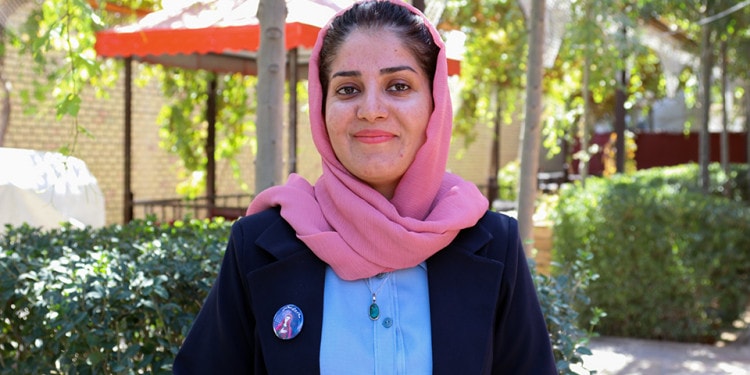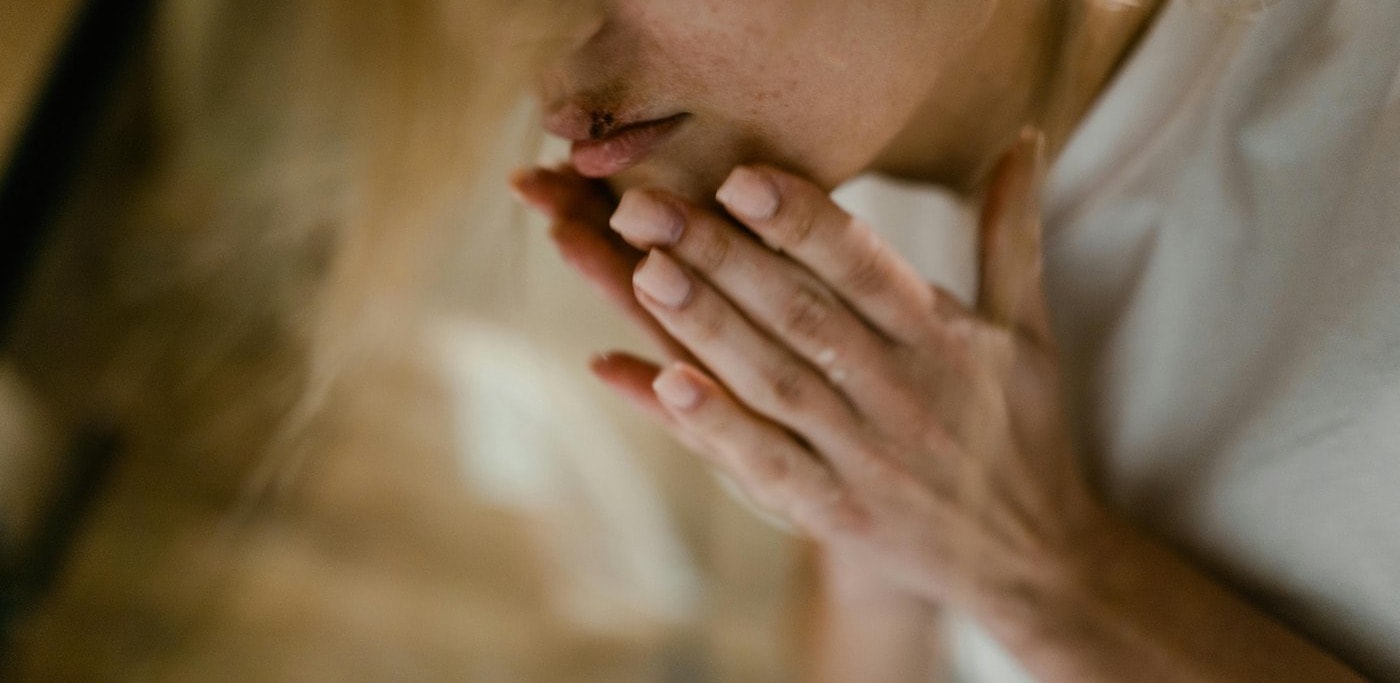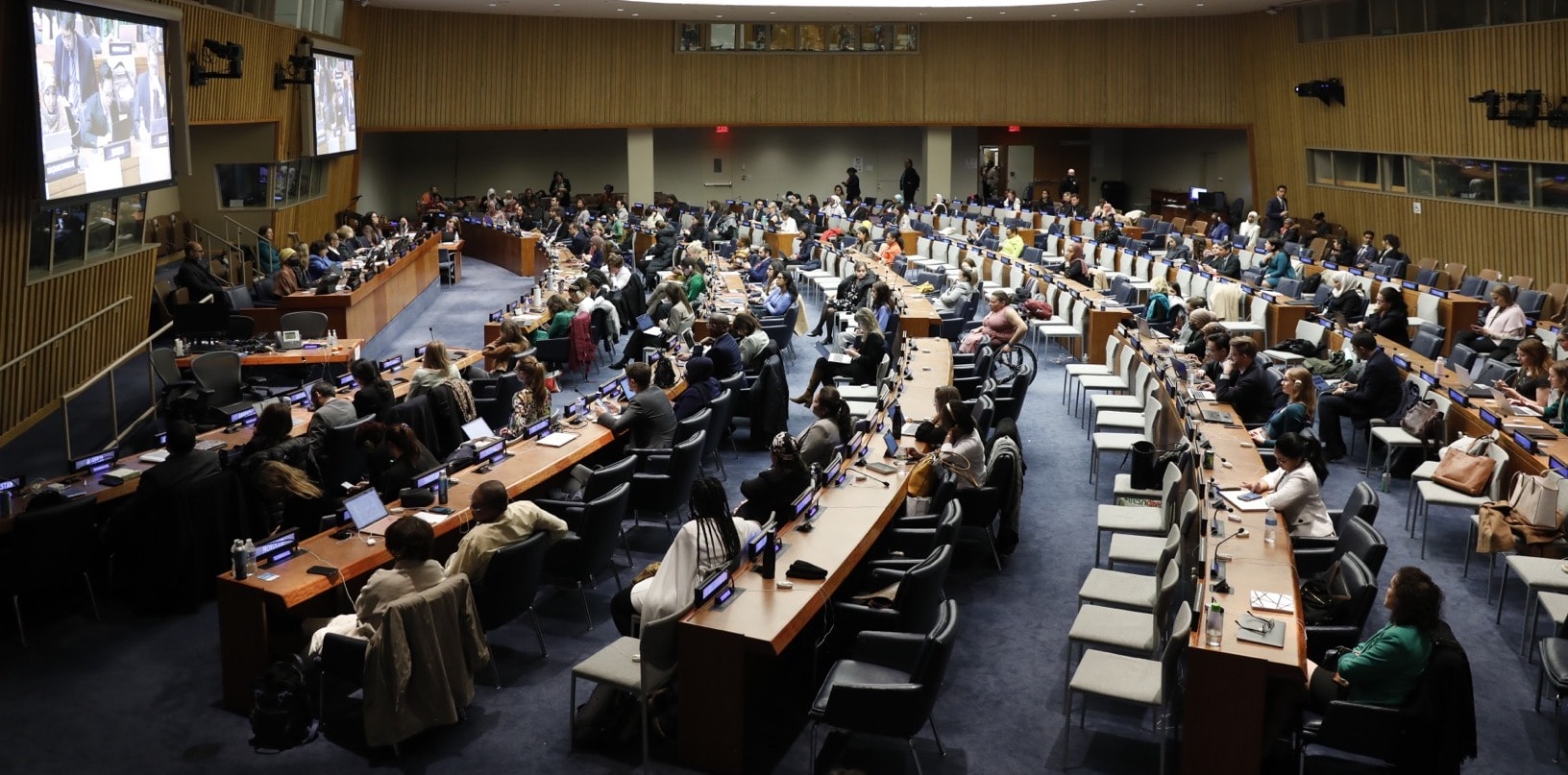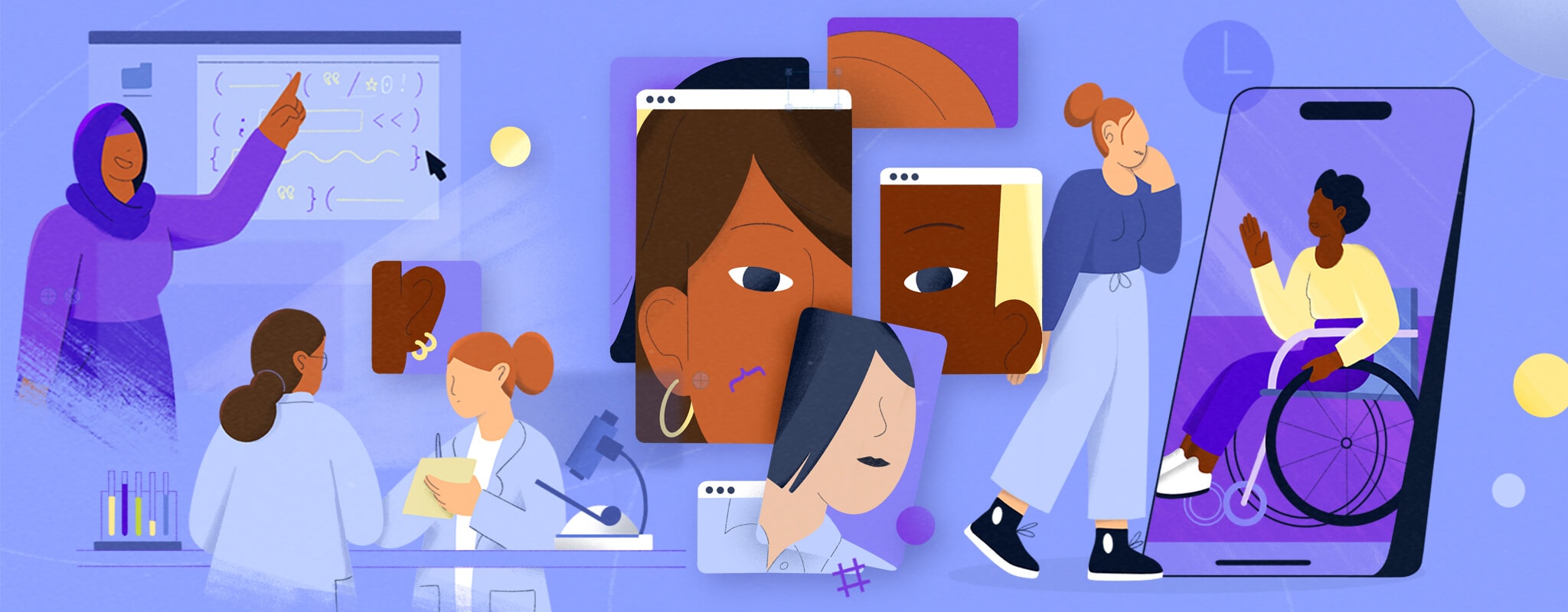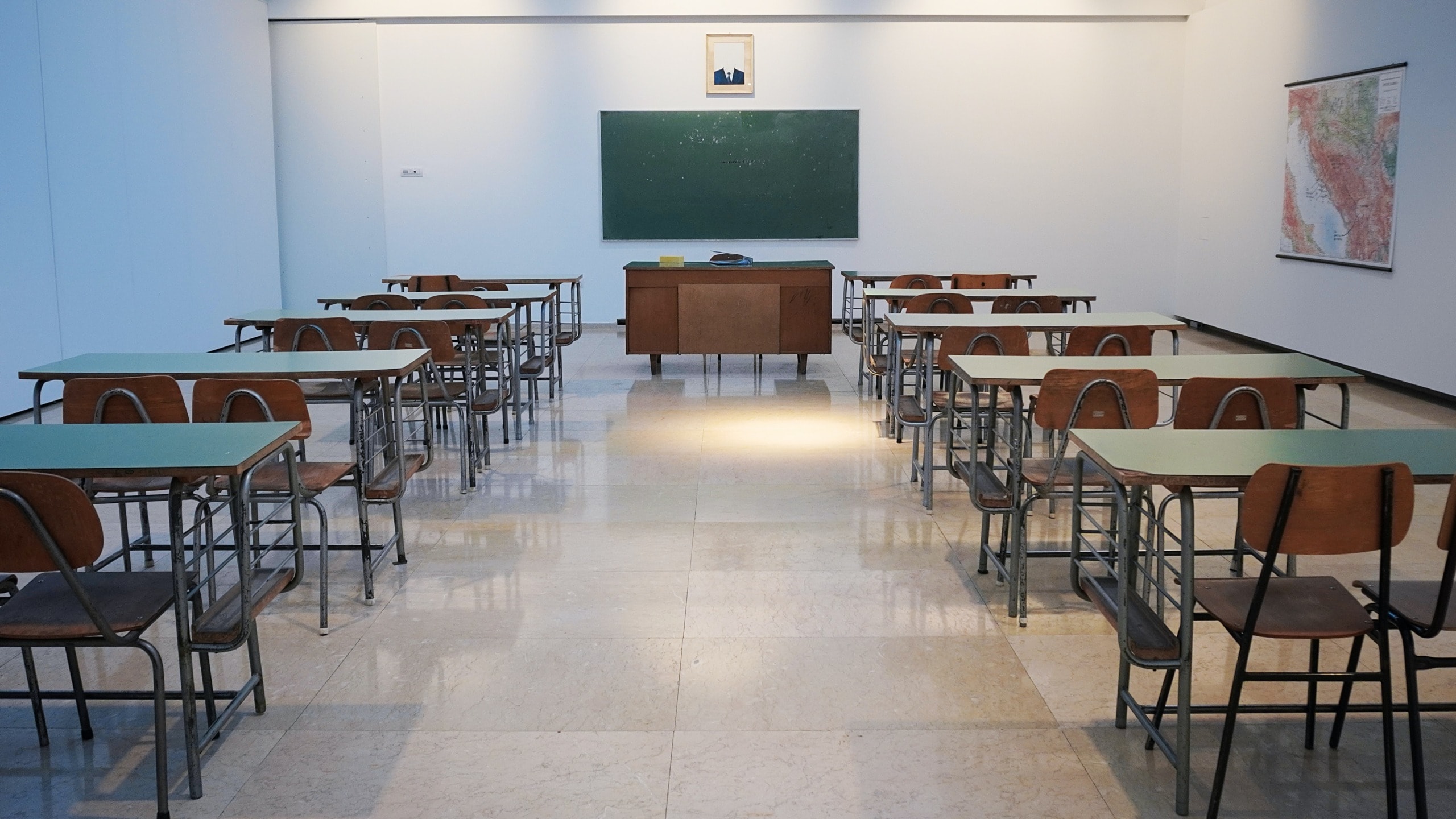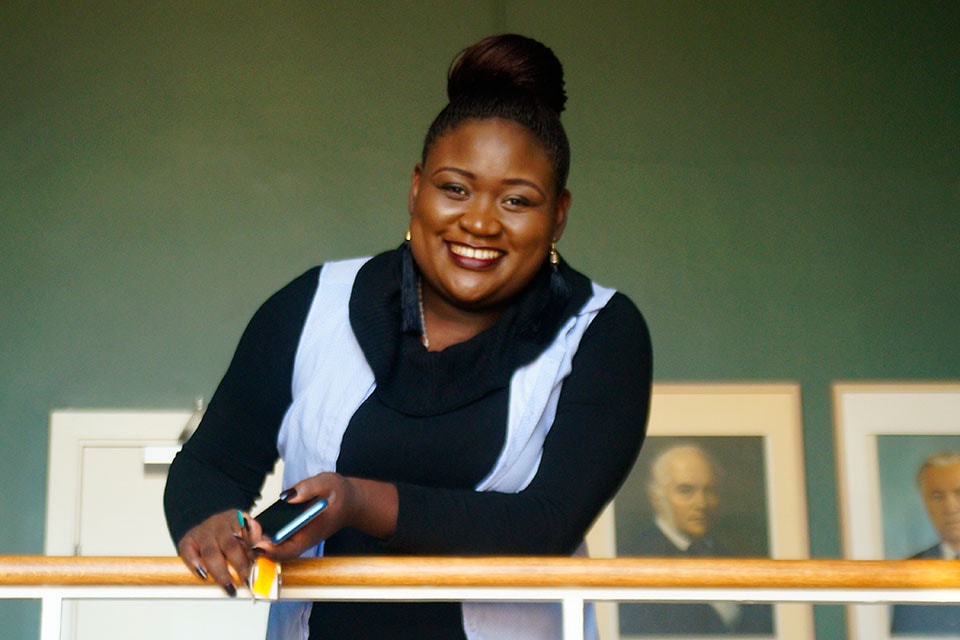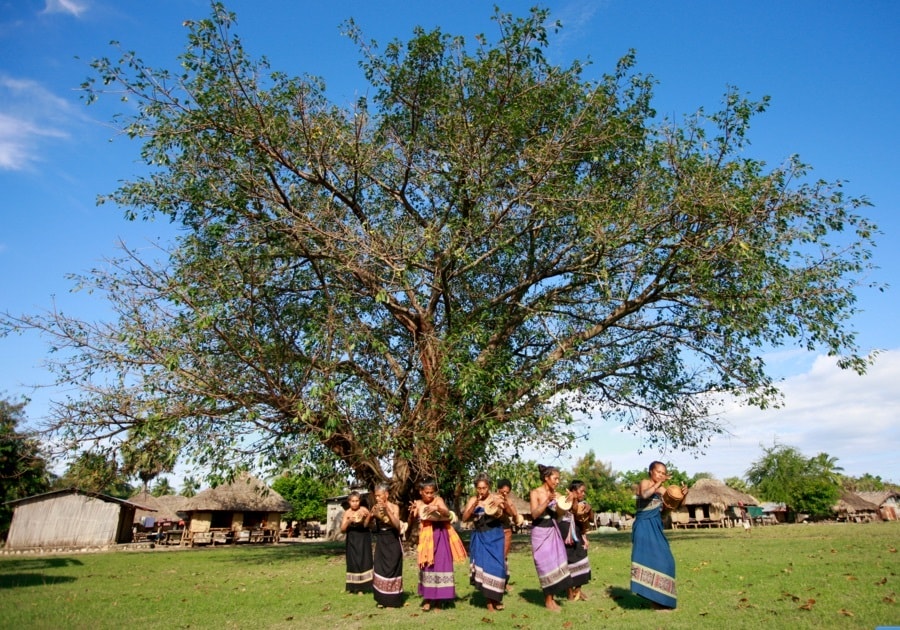Malalai Mobariz, 30, is a women’s rights activist and owner of a women’s café in Sheberghan, capital of Jawzjan province in northern Afghanistan. She spoke with UN Women on 1 February.
“There have been ups and downs in my ambition to achieve my dreams. Each challenge has opened a new opportunity for me.
I could not continue school for three years due to insecurity in our region. Shortly after I started studying economics at university, my elder brother passed away and I had to become both the son and the daughter for my parents. I did all the work that men and boys traditionally do in our community. For example, I know the types of soil needed to grow crops, the suitable season for plastering mud on the house roof, the price of cement and other construction commodities in the town.
My quest for education is the reason I help girls and women in my community to study. Together with a group of young women, I meet with schools in our province and encourage them to offer scholarships for girls. I travel to districts to encourage tribal elders and religious leaders to advocate girls’ education.
When we return to the city after traveling, we want to sit at a restaurant to discuss our next plan and have some tea as we are tired. Each time at the restaurants, we are told that they did not have a separate space for women. I have to invite my friends to my home instead. One day, I said, ‘Why not open a women’s café?’
I have always had an innate ambition to become an entrepreneur. When I was eight years old, I sewed clothes for my doll. As I sewed more, I insisted that my father sell them to the shopkeeper in our neighborhood. At school, I made scarfs, leather bracelets and necklaces, and sold them to my classmates. Six years ago, I assisted my father with his carpet and rug store. I spoke with clients, received and delivered orders, and promoted the brand to encourage more buyers. He was so impressed with my skills.
Having a café that is owned and run by a woman in a conservative province is new to many people in our place. It is a women and girls-only space. When a group of women enter the café, some passers-by stop and stare at the café briefly, then they look up at the signboard that says Orange Café. I think this will also change, people’s minds—It will become normal for them to see that a shop, a restaurant or a café is owned or run by a woman.
The café is a great place for me to advocate for girls education. I organize weekly debates and storytelling events where women and girls share their stories, find solutions and support each other. These events are attended by high school students, school graduates who wish to go to university, and other women from civil society groups.
I also invite a counsellor from a local psychosocial centre to provide counseling for women who have been through a difficult time.
I also organize chess competitions where women can play to heal and also for their mental health. It is a café—a place to share stories, improve well-being and get ready for creating change.”
Related Articles: The Case for Women Entrepreneurs in Post Civil War Societies | Origin Capital: Financing Women to Improve Communities
When Malalai Mobariz first tried to rent a space for her café last year, she only made an oral agreement with the property owner. She went to get the key a week later, only to find that he had changed his mind and already rented to someone else who would pay more. Then in September, Mobariz attended UN Women’s week-long Young Women’s Entrepreneurs Bootcamp in Mazar-e Sharif city in Balkh province. There she learned how to start and grow a business. When Mobariz found another place and opened her café on 10 November, she made sure she had a signed contract with the property owner, a license for the business, and arrangements to pay taxes.
Editor’s Note: The opinions expressed here by Impakter.com columnists are their own, not those of Impakter.com. — In the Featured Photo: Malalai Mobariz poses during her attendance at UN Women’s entrepreneur workshop in Mazar-e Sharif city last September. Featured Photo Credit: UN Women/Nangyalai Tanai


